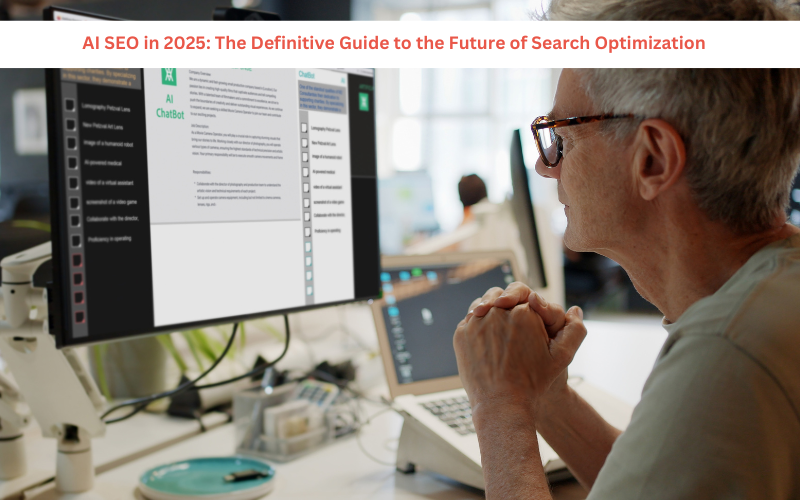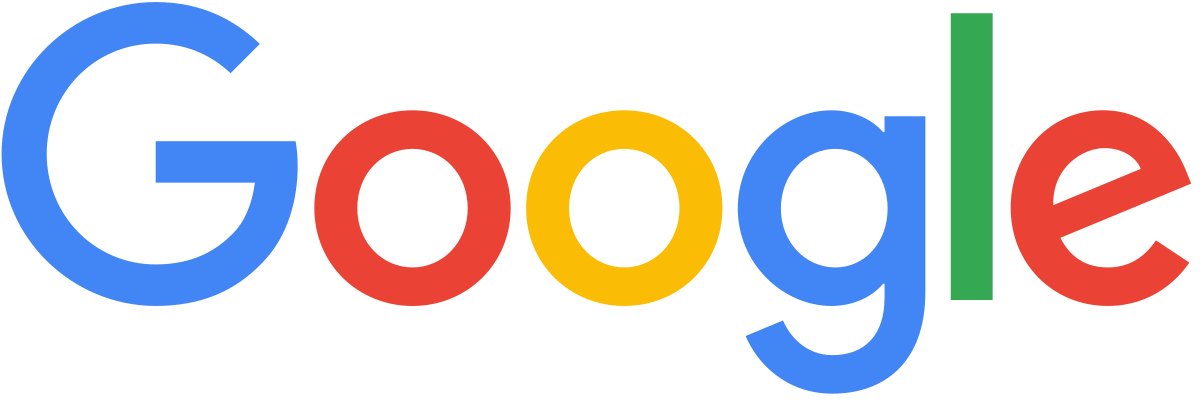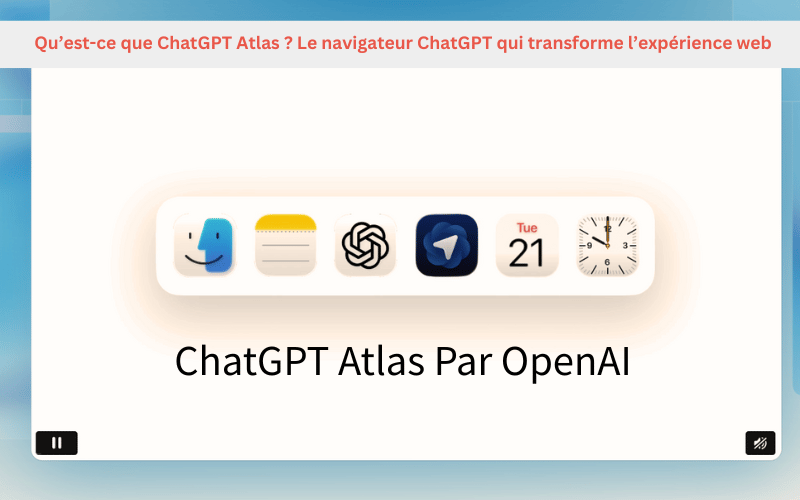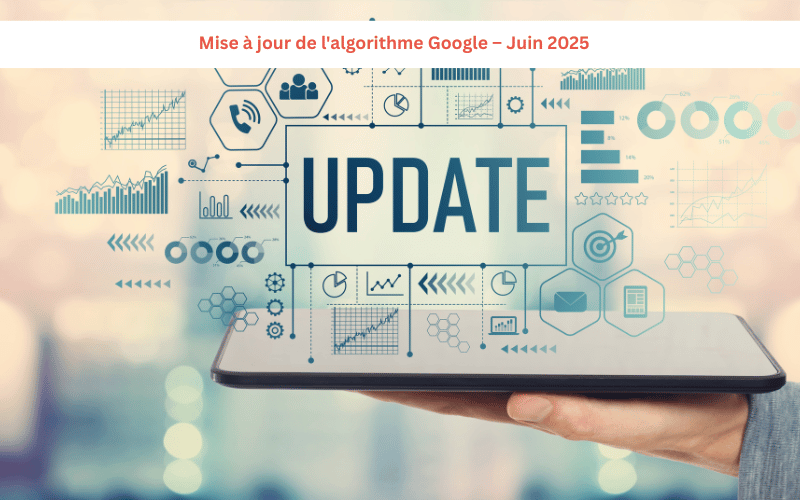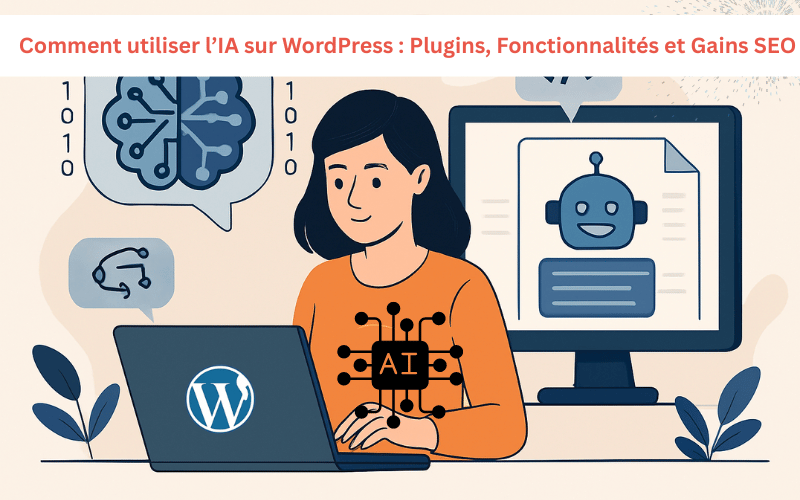What is AI SEO in 2025?
AI SEO in 2025 refers to using artificial intelligence for keyword research, content optimization, technical audits, and predictive SEO strategies. It powers Google’s Search Generative Experience (SGE) and other AI snapshots, making E-E-A-T, schema markup, and AI-driven tools essential for ranking.
Introduction: The Line Between SEO and AI is Gone

The line between SEO and Artificial Intelligence is rapidly disappearing. AI is no longer a futuristic concept. It’s the core engine driving search results, from Google’s new experiences to the tools we rely on every day.
This guide will walk you through:
- What the rise of AI-generated answers means for your website
- AI-powered SEO strategies for content, keywords, and technical optimization
- The best AI SEO tools for 2025
- How to prepare for a completely new era of search engine optimization
The New Reality: How AI-Generated Answers Are Reshaping the SERP

Before we get into tactics, we need to understand the new playing field. Generative AI is now built directly into search engines like Google and Bing. This change is fundamentally altering how people find information and what it means to « rank » high.
What is Google’s Search Generative Experience (SGE)?

Imagine you ask Google a complex question. Instead of just getting a list of blue links, you get a complete, AI-crafted answer right at the top of the page. That’s the Search Generative Experience, or SGE.
Google’s AI Snapshot provides a direct, summarized answer to your query. It uses powerful Artificial Intelligence, like the Multitask Unified Model (MUM), to pull information from multiple websites. It then synthesizes that information into a single, comprehensive summary for the user. It’s a conversation, not just a list of results.
Optimizing for the ‘AI Snapshot’: How to Become a Cited Source
So, how do you get your website featured in these AI-generated answers? The goal is to become a trusted source that Google’s AI relies on for information.
Here’s how to position your content to be cited:
- Answer Questions Directly: Structure your content to provide clear, concise answers to specific questions. Use your headings (H2S and H3S) as the questions.
- Focus on Facts and Data: Provide verifiable information, statistics, and data points. AI models are trained to look for factual, authoritative content.
- Use Structured Data: Implement Schema Markup on your website. This is a type of code that helps search engines understand the context of your content, making it easier for AI to pull your information accurately.
- Build Strong Topical Authority: Cover a topic in-depth across multiple articles. When you are the clear expert in a niche, Google’s algorithms take notice.
The Future of Zero-Click Searches and On-SERP Journeys
A « zero-click search » happens when a user finds their answer on the search results page without ever clicking on a website. SGE and other SERP features are making this more common.
Is this a bad thing? Not necessarily. While it might reduce your Click-Through Rate (CTR) for some queries, it also creates a new opportunity.
Getting your brand name and information featured in an AI Snapshot builds awareness and authority. The user’s journey is happening right on the SERP, and your goal is to be a prominent part of that journey.
Why E-E-A-T (Experience, Expertise, Authoritativeness, Trustworthiness) is More Critical Than Ever?

For Google’s AI to trust your content, it needs to see strong signals of quality. This is where E-E-A-T comes in, and it’s more important than ever.
- Experience: Show that you have real, first-hand experience with the topic.
- Expertise: Demonstrate your deep knowledge and skill.
- Authoritativeness: Show that others in your industry recognize you as a leader.
- Trustworthiness: Be accurate, honest, and transparent in your content.
AI systems like those behind SGE are designed to identify and promote content that excels in these four areas. They need to provide reliable answers, and your E-E-A-T signals tell them your site is a reliable source.
Core AI-Powered SEO Strategies for 2025
Understanding the new landscape is the first step. Now, let’s look at practical, AI-powered SEO strategies you can use to gain a competitive edge in this new environment.
AI for SEO Keywords Optimization: From Keywords to Clusters
The old way of SEO was targeting one keyword per page. Today, that approach is outdated. AI has shifted the focus from single keywords to broader « topic clusters. »
AI SEO tools use Natural Language Processing (NLP) to understand how words and concepts relate to each other. This allows you to build a more comprehensive content strategy.
Here’s how AI helps with keyword optimization:
- Finds Semantic Relationships: It identifies related sub-topics and questions people are asking.
- Performs Keyword Clustering: It automatically groups thousands of keywords into relevant topic clusters.
- Identifies Content Gaps: It analyzes your competitors and shows you what topics they rank for that you don’t.
Using NLP for Semantic Search & User Intent Analysis
Natural Language Processing is how computers learn to read and understand human language. In SEO, it’s a game-changer for understanding search intent.
Search intent is the why behind a search query. When someone searches « best running shoes, » they aren’t looking for the history of footwear. They want reviews, price comparisons, and buying guides.
AI tools powered by NLP can analyze the SERPs for a given query and tell you exactly what kind of content Google is rewarding. This takes the guesswork out of creating content that perfectly matches user intent.
AI Driven Content Creation
AI is transforming how we create content, but not by replacing writers. Instead, it acts as an incredibly powerful assistant.
The best use of AI in content is for creating detailed content briefs. Tools like SurferSEO or Clearscope analyze the top-ranking pages for your target keyword. They then generate a blueprint for your writer, which includes:
- An ideal word count.
- Important topics and entities to include.
- A list of questions to answer.
- A suggested heading structure.
This AI-driven process ensures your content is comprehensive and optimized for quality from the very start, dramatically increasing its chance of ranking.
Automating Technical SEO Audits: Crawlability, Site Architecture & Schema Markup
Technical SEO is the foundation of a healthy website, but manual audits can be slow and tedious. This is where SEO AI shines.
AI-powered tools can crawl your entire website in minutes and identify hundreds of potential issues. They provide actionable insights that would take a human hours or even days to find.
Common tasks for AI in technical SEO include:
- Checking for crawlability and indexability errors.
- Analyzing your internal linking and site architecture.
- Identifying pages with slow load times.
- Finding opportunities to add or improve Schema Markup.
Smarter Link Building
Link building is still a crucial part of SEO, but it’s incredibly time-consuming. Artificial Intelligence can make the entire process more efficient and effective.
AI tools can analyze the web to find the most relevant and authoritative sites to get links from. They can quickly identify the right contact person and even find their email address.
Furthermore, generative AI can help you draft personalized outreach emails. By providing the AI with information about the person and their website, you can create unique messages that have a much higher response rate than generic templates.
How to Use AI-Generated A/B Tests for Conversion Rate Optimization (CRO)?

Getting traffic is only half the battle. You also need that traffic to convert. AI is a powerful ally for Conversion Rate Optimization (CRO).
A/B testing involves creating two versions of a webpage element—like a headline or a button—to see which one performs better. AI can accelerate this process dramatically.
You can use AI tools to generate dozens of variations for your headlines, calls to action, and body copy. This allows you to run more tests more quickly, leading to faster improvements in your conversion rates.
Building Your 2025 AI SEO Tools Stack
To execute these strategies, you need the right set of tools. Your « AI SEO tool stack » is the combination of software you use to handle content, analytics, and automation. Here are the key categories and top players.
All-in-One SEO Platforms with AI Features (Ahrefs, SEMrush)
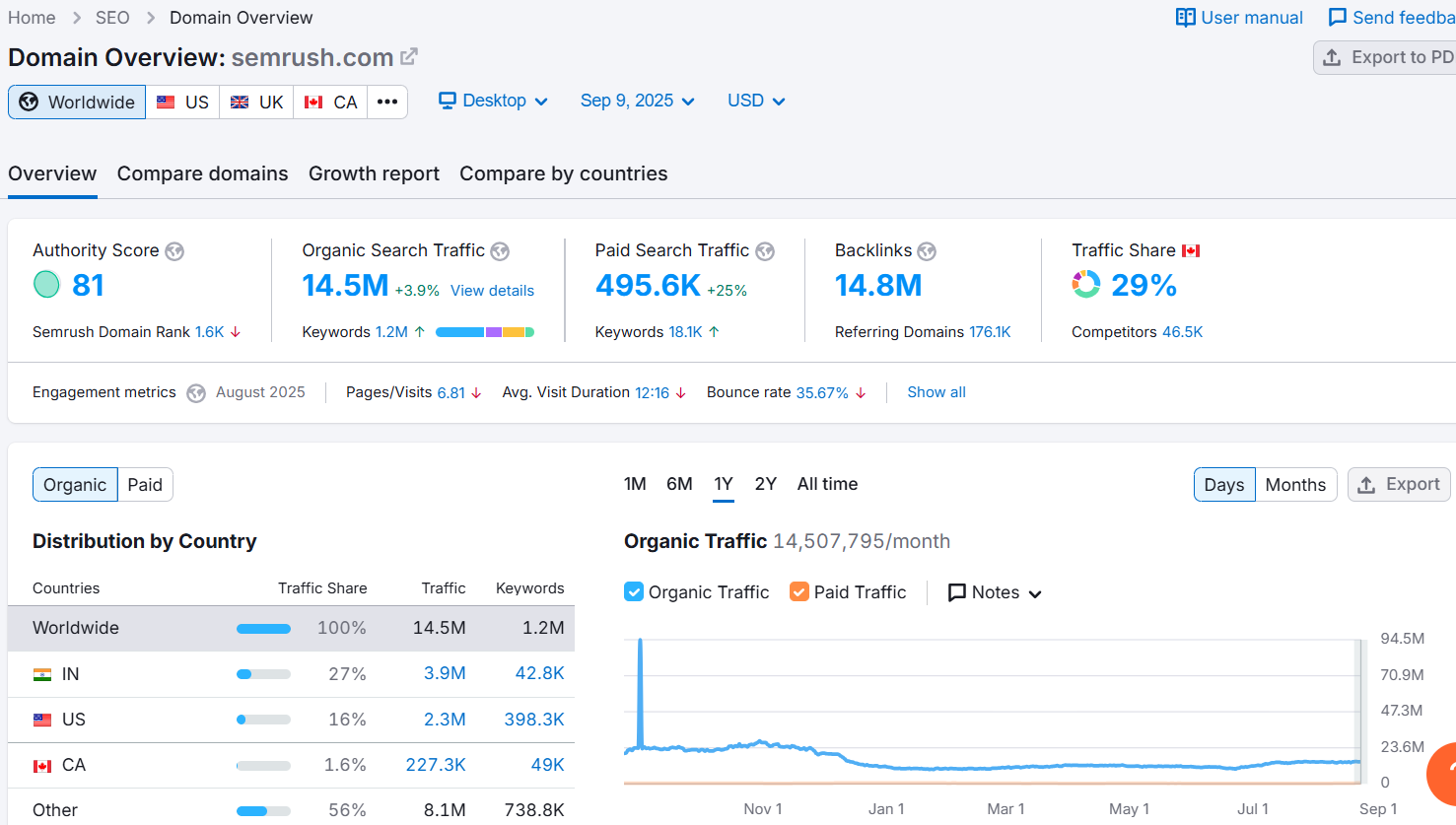
These are the workhorses of any SEO professional. Platforms like Ahrefs and SEMrush have been integrating AI features for years to enhance their core offerings.
You can use them for:
- AI-powered keyword clustering.
- Content gap analysis against competitors.
- SERP feature tracking and analysis.
- Identifying trending topics within your industry.
AI Content Optimization & Brief Generation Tools (SurferSEO, Clearscope, MarketMuse)
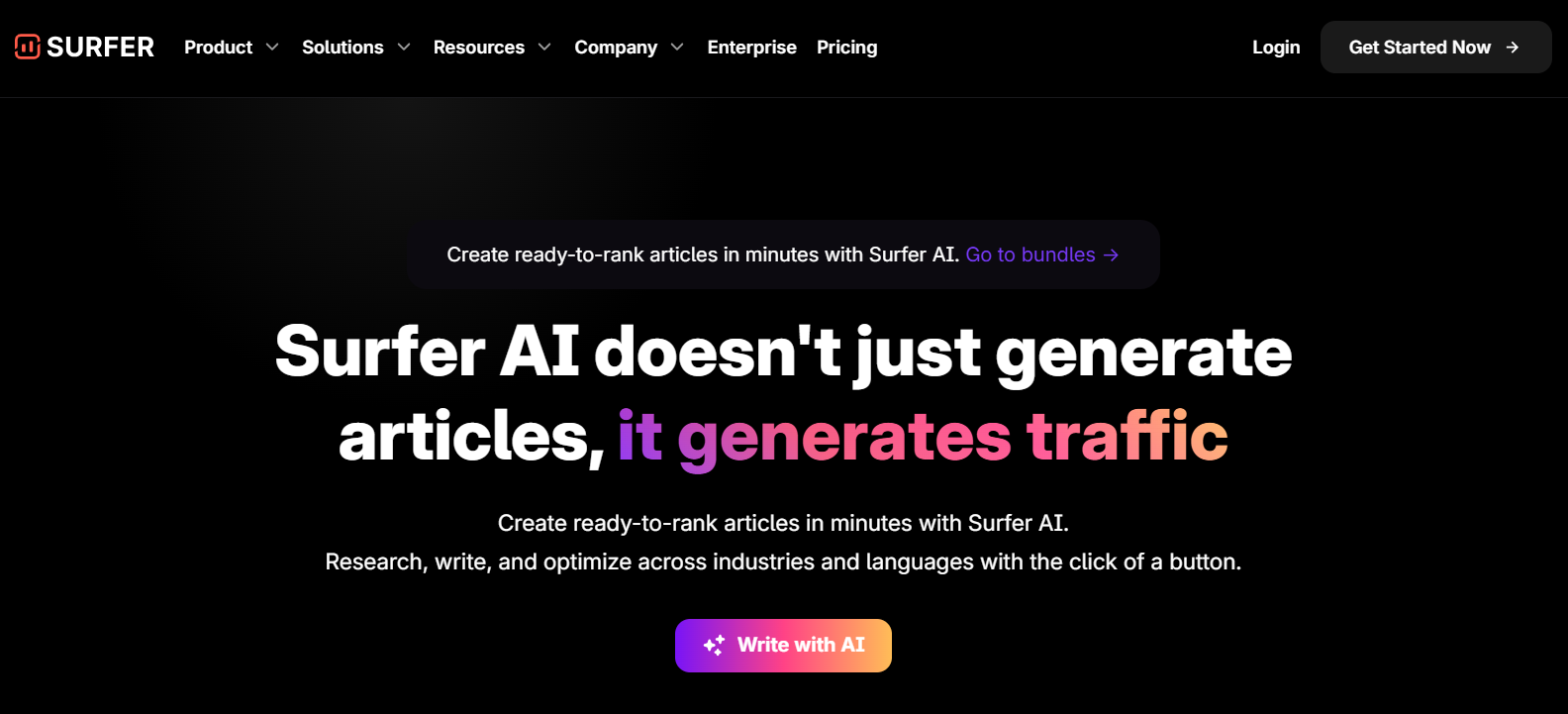
These tools are specifically designed to help you create content that ranks. They analyze the top search results and use NLP to provide a data-driven roadmap for your content.
Use these tools to:
- Generate comprehensive content briefs in minutes.
- Score your content against top competitors as you write.
- Ensure you’ve covered all the important semantic topics.
Generative AI for Content & Copywriting (ChatGPT, Jasper, Copy.ai)
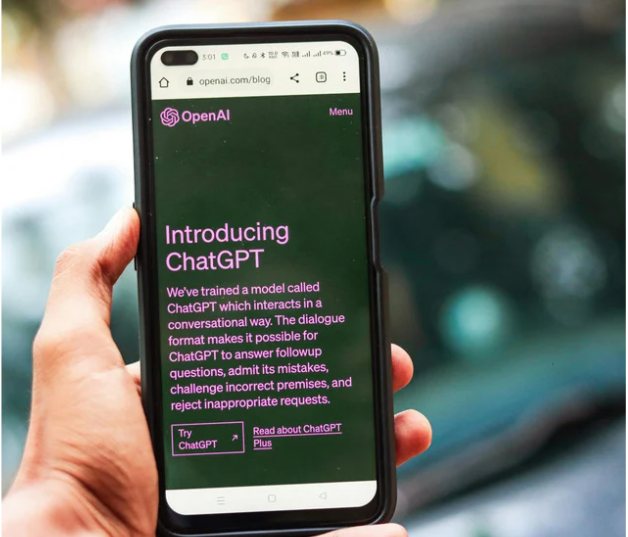
These tools, powered by large language models, are excellent for brainstorming and first drafts. They should be used to assist, not replace, human writers.
They are perfect for:
- Generating blog post ideas and outlines.
- Writing meta descriptions and ad copy at scale.
- Rewriting sentences to improve clarity or tone.
- Summarizing complex topics.
Specialized AI for Technical SEO & Automation (Alli AI, NeuronWriter)
Some tools focus specifically on the technical side of SEO. Tools like Alli AI can not only find technical issues but can also recommend or even implement the code fixes automatically. This can save your development team a huge amount of time.
How to Choose the Right AI SEO Tools for Your Business
With so many options, how do you pick the right ones? It can feel overwhelming.
Follow these simple steps:
- Define Your Biggest Need: Are you struggling with content creation? Or are technical issues holding you back? Start with a tool that solves your most pressing problem.
- Consider Your Budget: Tools range from affordable monthly subscriptions to expensive enterprise platforms. Find a balance that provides value without breaking the bank.
- Look for Integrations: The best tools work together. For example, a content optimization tool that integrates with Google Docs or WordPress can save you a lot of time.
- Use Free Trials: Nearly every tool offers a free trial or a limited free plan. Test them out to see which one fits your workflow the best.
At OptiWeb Marketing, we help our clients navigate these choices, building a custom tool stack that aligns with their specific goals and resources.
Maximizing AI for SEO: From Automation to Predictive Strategy
True mastery of AI SEO goes beyond just using tools for simple tasks. It’s about integrating AI into your entire workflow to build a predictive strategy that keeps you ahead of the competition.
AI-Powered A/B Testing for CRO
AI generates variations for CTAs, headlines, and layouts → accelerating conversion optimization.
Building Your 2025 AI SEO Tools Stack
| Category | Tools | Use Case |
| All-in-One SEO Platforms | SEMrush, Ahrefs | Keyword clustering, competitor analysis, SERP tracking |
| Content Optimization | SurferSEO, Clearscope, MarketMuse | NLP analysis, briefs, and semantic optimization |
| Generative AI | ChatGPT, Jasper, Copy.ai | Drafts, summaries, ad copy, outlines |
| Technical SEO | Alli AI, NeuronWriter | Crawlability, schema automation |
| Local SEO | BrightLocal, Yext | Listings, reviews, GMB optimization |
Integrating AI Across Your Entire SEO Workflow
Think about how AI can assist at every single stage of your process. A modern, AI-powered workflow might look something like this:
- Strategy: Use AI for predictive forecasting to identify emerging topics before they become competitive.
- Planning: Generate data-driven content briefs with AI to create a clear plan of action.
- Creation: Use generative AI to help with first drafts, brainstorming, and writing copy.
- Optimization: Refine your content with AI optimization tools to ensure it’s comprehensive.
- Analysis: Leverage AI-powered analytics to track performance and uncover deep insights into user behavior.
What is Predictive SEO?

Predictive SEO is the practice of using AI and machine learning to forecast future search trends. It’s about moving from a reactive to a proactive SEO strategy.
Instead of targeting keywords that are popular today, predictive models analyze historical data, industry news, and social media chatter to identify the topics that will be popular tomorrow. This allows you to create content for demand that doesn’t even exist yet, positioning you as a leader when the trend hits.
Analyzing SERP Features and User Behavior Patterns with AI
The SERP is more complex than ever, filled with features like « People Also Ask, » video carousels, and image packs. AI can analyze thousands of search results to identify which SERP features appear for your target topics.
This insight helps you create the right type of content. If video results are dominating, you should create a video. If « People Also Ask » is prominent, you should structure your content in a Q&A format. AI spots these patterns far more effectively than any human can.
The Human Element: Combining AI Insights with Strategic Expertise
Here is the most important takeaway: AI does not replace SEO strategy. It enhances it. AI is incredibly powerful at processing data and identifying patterns, but it lacks creativity, critical thinking, and brand understanding.
Think of AI as the world’s best co-pilot. It can handle the navigation and analyze the instruments, but a human pilot is still needed to make the strategic decisions. The future of AI SEO is this powerful partnership. This exact combination of AI power and human expertise is the foundation of our approach at OptiWeb Marketing.
The Future of AI SEO: What’s Beyond 2025?
The evolution of AI in search is only speeding up. As we look beyond 2025, several key trends are emerging that will continue to shape our industry.
Hyper-Personalization and the ‘Search of One’
Search results will become increasingly personalized. In the future, the results you see will be tailored specifically to you based on your location, past searches, and even your browsing behavior. AI makes it possible to deliver a unique « search of one » for every single user, making generic content less effective.
The Next Wave: AI’s Impact on Voice and Visual Search
SEO is moving beyond the text box.
- Voice Search: As AI gets better at understanding natural, conversational language, more people will search by speaking to their devices. This means optimizing for long, question-based queries.
- Visual Search: AI now allows users to search with an image instead of words. This is creating new opportunities for e-commerce and product-based businesses to optimize their product imagery for search.
Ethical Considerations and Navigating AI Content Policies
With great power comes great responsibility. The rise of AI also brings the risk of spam and misinformation. Search engines like Google have clear policies stating that AI-generated content is acceptable as long as it is high-quality, helpful, and created for people, not for manipulating search rankings. The focus must always remain on genuine value.
How Will AI Affect SEO Jobs and Skill Requirements?
AI won’t eliminate SEO jobs, but it will change them. Repetitive, manual tasks will be automated, freeing up professionals to focus on higher-value work.
The SEO professional of the future will need to be:
- A skilled strategist who can interpret AI data.
- A creative thinker who can develop unique content angles.
- A savvy operator who knows how to get the most out of AI tools.
The job is becoming less about manual execution and more about strategic direction.
Your Future with AI SEO
In 2025, AI is not an add-on to SEO; it is the core of it. The game has shifted from chasing keywords to building comprehensive, AI-informed strategies. The focus is now on quality, authority, and deeply understanding user intent.
By embracing the AI-powered strategies we’ve discussed, building a smart tool stack, and optimizing for the new world of AI-generated answers, you can thrive in this exciting new era.
The future of SEO isn’t about letting AI take over. It’s about partnering with it to achieve levels of insight, efficiency, and success we never thought possible.
